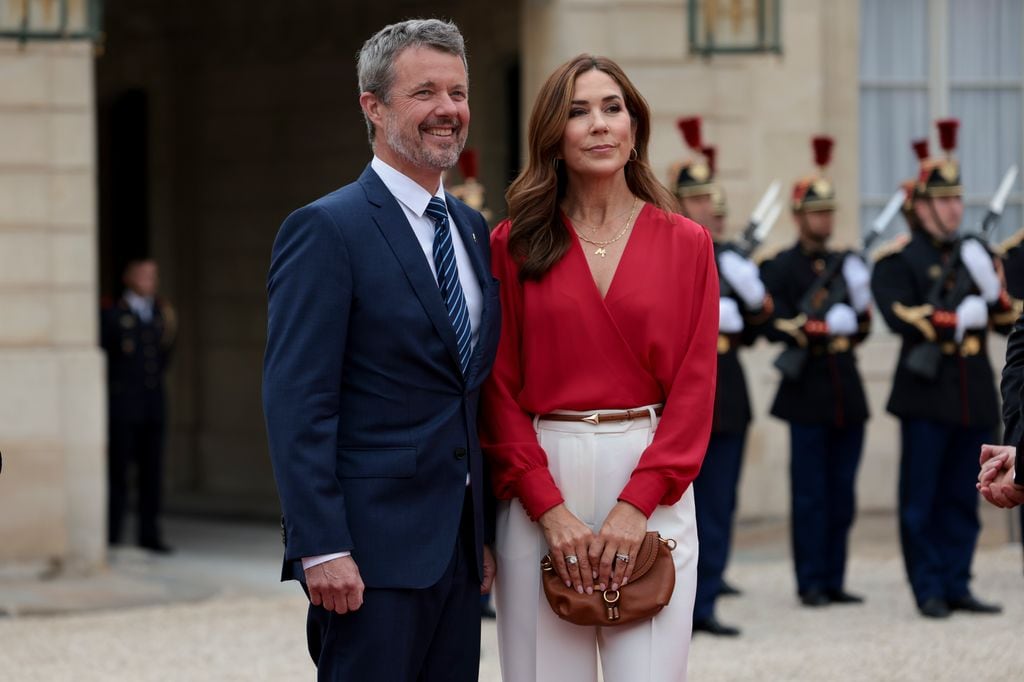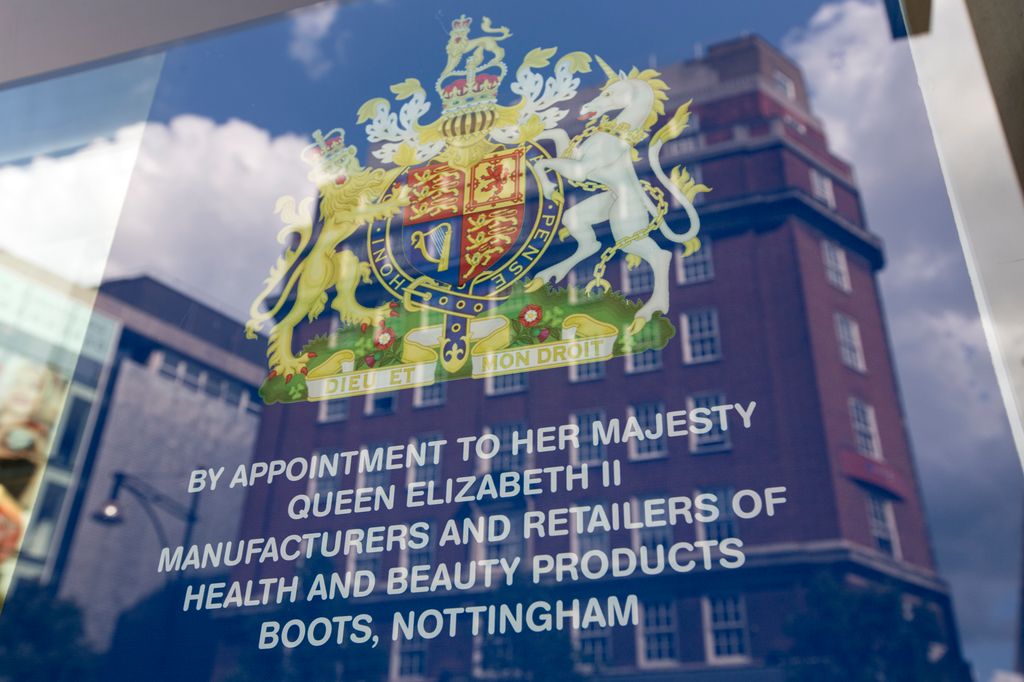2024 is about to end and next January marks the first anniversary of the reign of Frederick of Denmark. His unexpected arrival to the throne, since everything seemed to indicate that Margarita II would remain as head of state until the endoccurred on January 14 and although in this time there have not been too many changes, the new king did not want to end the year without announcing a measure that, according to him, is no longer current. The king of Denmark ends the system of Kongelig Hofleverandor or “court suppliers”, a seal that was awarded to companies or merchants who regularly supplied goods or services to the Danish Royal House. This royal guarantee, which is very popular in the United Kingdom, was recognition, a way of saying that the product in question was worthy of royalty. In general, this seal, which is going to be progressively eliminated, was granted to Danish products but with cognac, whiskey and champagne they made an exception.
Historically, the supplier seal of the Danish Royal House was awarded to companies or merchants that regularly supplied goods or services to the court and represented special recognition to a company based, among others, on quality and social responsibility criteria. This list includes all types of products: paint for boats, pharmacies, jams, jewelry, tablecloths, chocolates or furniture, among others. They are all Danish companies, manufacturers and producers except when it comes to drinks, since the Danish seal is found on five foreign brands: French cognac and champagne, Scotch whiskey, Port wine and mineral water from a spring in Sweden. We must not forget that the late Prince Henrik, husband of Queen Margaret, in addition to being French, was quite the gourmet.
The Royal House, led by Federico, considers that this agreement affects individual companies and is no longer current, either because the list includes suppliers who no longer supply the court or who do so very punctually, while there are goods and services that are They receive regularly that they do not have that guarantee seal. Be that as it may, the new king considers that his obligation is to be with the bulk of the business and productive fabric of his country and not to make any type of differentiation based on a system that is obsolete.
This system, which derives from the supply system of the Middle Ages, is still in force in the courts of the United Kingdom and Sweden. Companies awarded a Royal Warran have the privilege of displaying the royal coat of arms on their products and promotional material, representing a seal of quality and prestige. Not to mention that it represents a tourist attraction. According to data from the British media standard14% of tourists are willing to pay more for products that have the seal of royalty, understanding that they are buying a premium product. During the reign of Queen Elizabeth II, 686 were awarded and it is only the heavyweights of the monarchy, that is, the kings and the crown prince or princess, who can grant this distinction.


